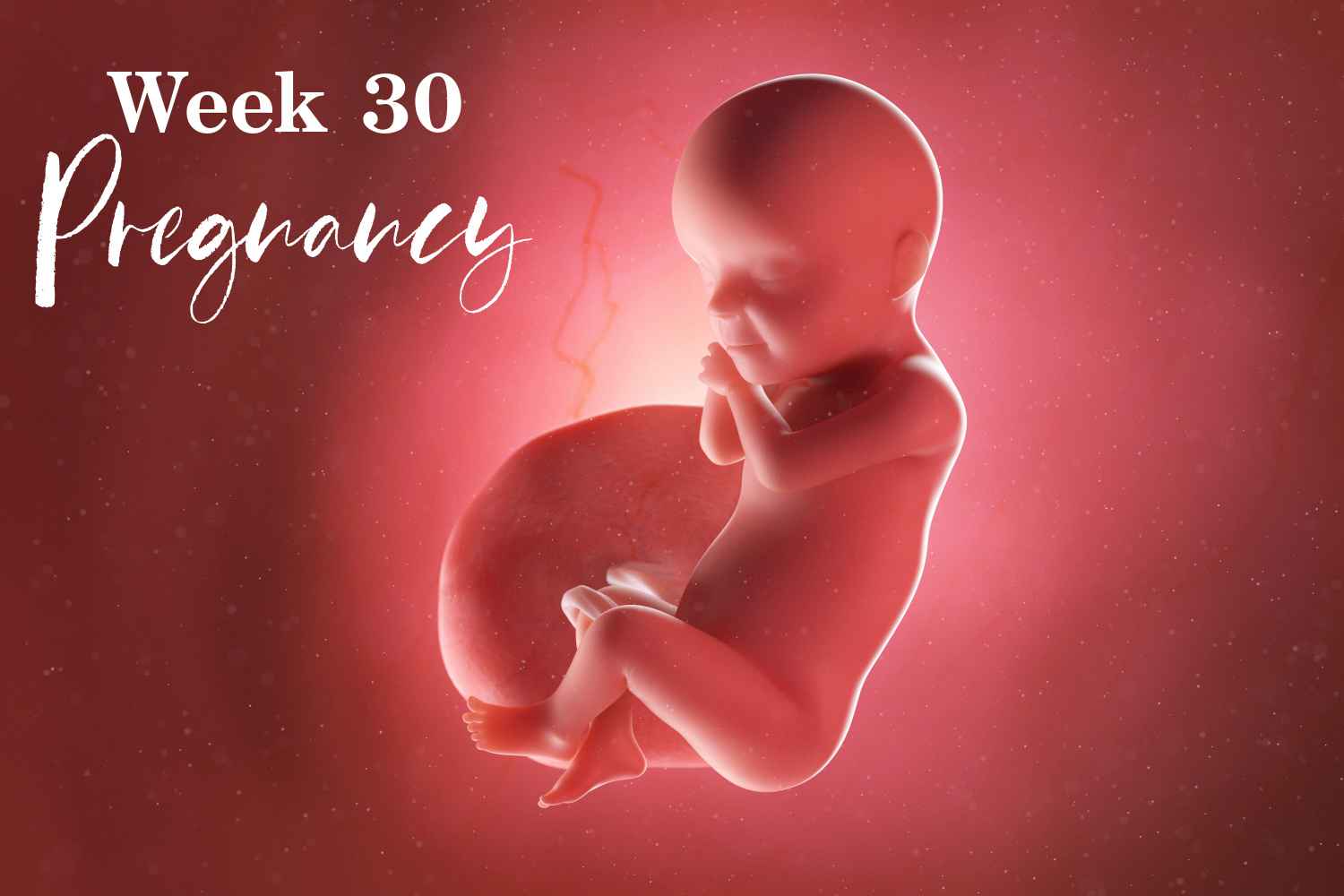
As your pregnancy journey progresses, your body goes through several changes that can be overwhelming at times. While some changes may be discomforting, it is essential to remember that they are all part of the journey to bring a new life into this world. In week 30 of pregnancy, you may experience several changes in your body. We will discuss how does your body change during week 30 of pregnancy. Let us get started.
How Does Your Body Change During Week 30 of Pregnancy?
The following are some of the changes that your body may go through during week 30 of pregnancy:
1. Shortness of Breath
The growing baby takes up more space in your uterus, putting pressure on your diaphragm and lungs. This can cause shortness of breath or difficulty breathing. You may constantly feel out of breath, especially when doing physical activities.
What to do?
- Take breaks often during physical activities.
- Practice deep breathing exercises.
- Sleep with an extra pillow to help elevate your upper body.
- Talk to your doctor if you experience severe shortness of breath or difficulty breathing.
2. Leaky Breasts
Your body may start producing colostrum, the first milk your baby will consume after birth. This can cause your breasts to leak or produce small amounts of milk. It is a natural process and a sign that your body is preparing for breastfeeding.
What to do
- Wear breast pads to absorb any leakage.
- Avoid using soap on your breasts, as it can dry out the skin and nipples.
- Make sure to talk to your doctor in case of any pain, swelling, or redness in your breasts.
3. Water Retention/Swelling
Water retention, also known as edema, is yet another common pregnancy symptom that can cause swelling in your feet, ankles, and hands. It happens because your body produces more blood and fluids to support the growing baby.
What to do
- Elevate your feet whenever possible.
- Avoid standing or sitting for prolonged periods of time.
- Stay hydrated by drinking plenty of water.
- Avoid consuming too much salt.
4. Braxton Hicks Contractions
Braxton-Hicks contractions are mild contractions that prepare your body for labor. They are sometimes referred to as practice contractions. They are usually painless and sporadic, but some women may experience discomfort or pain.
What to do
- Change positions if you experience discomfort or pain.
- Practice relaxation techniques, such as deep breathing.
- Drink plenty of water
5. Urinary Incontinence/Loss of Bladder Control
As the uterus expands, more pressure is put on the bladder, which can cause urinary incontinence or loss of bladder control. This common symptom of pregnancy and usually goes away after delivery.
What to do
- Practice pelvic floor exercises, such as Kegels.
- Use pantyliners to absorb any leakage.
- Avoid drinking too much fluid before bedtime.
6. Risk of Falling or Injury
In addition, your growing belly may make it harder for you to see your feet or balance properly. You may often trip or stumble.so wearing comfortable shoes with good support and avoiding high heels or slippery surfaces is essential.
What to do?
To minimize the risk of clumsiness, try the following tips:
- Wear comfortable and supportive shoes
- Avoid standing or walking for extended periods of time.
- Take breaks and rest frequently
- Use handrails when going up or down stairs
- Avoid carrying heavy items or reaching for high objects
- Be cautious when getting in and out of the bathtub or shower
7. Frequent Urination
Frequent urination is a common pregnancy symptom, especially during the third trimester. The growing uterus and the pressure on your bladder lead to frequent visits to the bathroom.
What to do?
To manage frequent urination, try the following tips:
- Drink plenty of water throughout the day
- Limit your intake of caffeine and other diuretics
- Use the restroom whenever you feel the need to go
- Try doing Kegel exercises to strengthen your pelvic muscles and improve bladder control
8. Hemorrhoids
Hemorrhoids are swollen veins in the rectal area that can cause discomfort, pain, and itching. They are a common problem during pregnancy, especially during the third trimester, when the pressure on your pelvic area is at its highest.
What to do?
To alleviate hemorrhoids, try the following tips:
- Drink plenty of water to prevent constipation
- Eat a high-fiber diet to promote regular bowel movements
- Use a sitz bath to soothe the area
- Apply a cold compress or witch hazel to reduce swelling and inflammation
- Avoid sitting or standing for long periods of time.
The third trimester of pregnancy can be challenging, with various physical and emotional symptoms. With the proper care and attention, you can manage these symptoms and ensure a healthy and happy pregnancy. Ensure that you talk to your healthcare provider about pregnancy-related concerns or questions. Seek medical attention if you experience severe or persistent symptoms.
Take care of yourself and your growing baby, and enjoy this exciting time in your life.
Happy Pregnancy!
Read Also: How Does Your Body Change During Week 31 of Pregnancy?
